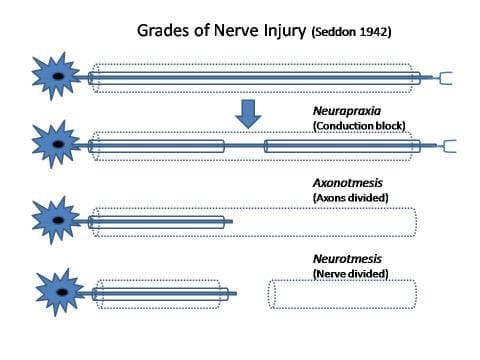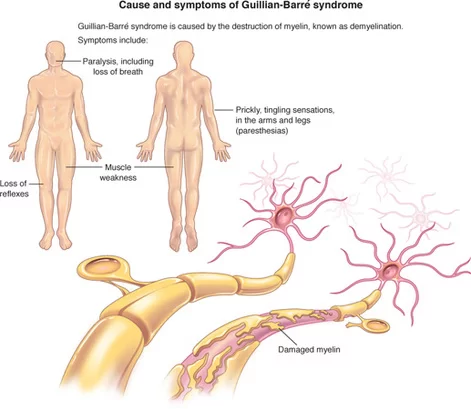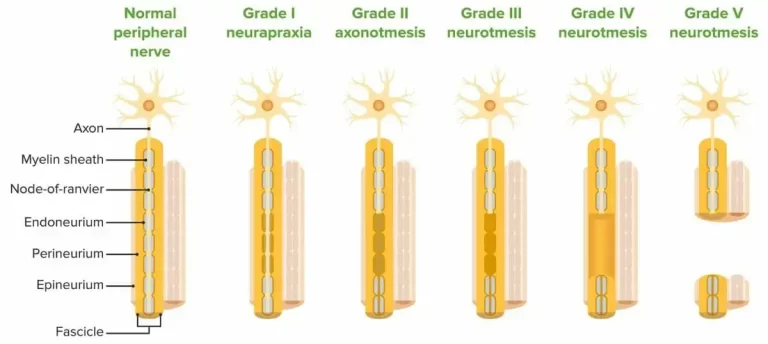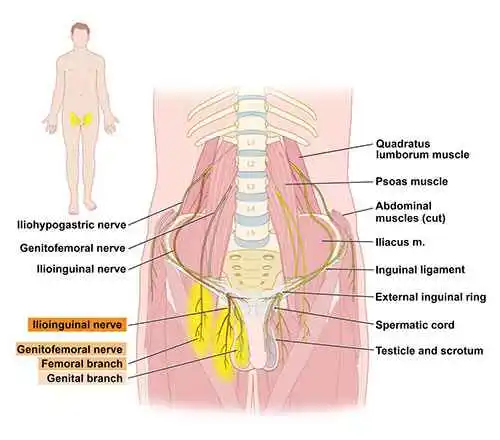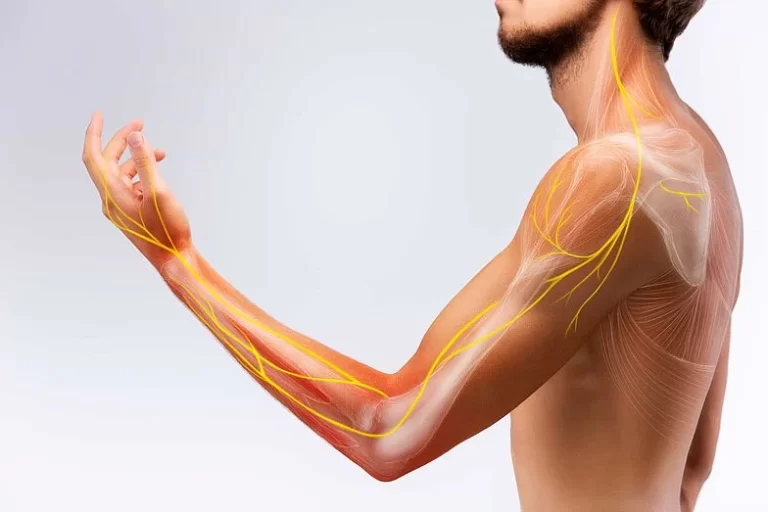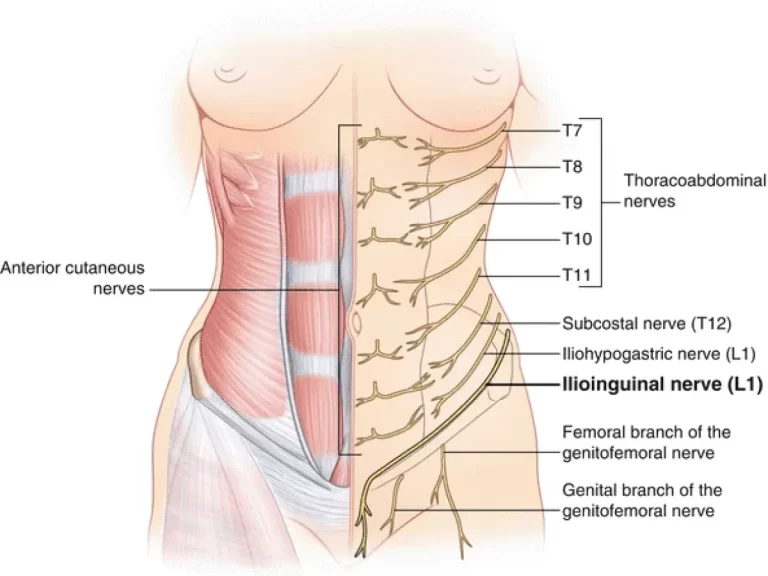Axonotmesis
What is an Axonotmesis? The term “axonotmesis” describes the anatomical disruption of an axon that does not, or only partially, disturb the framework of connective tissue. Axonotmesis is a condition in which a peripheral nerve in one of the body’s limbs is injured. This type of injury results in damage to the axons and their…

